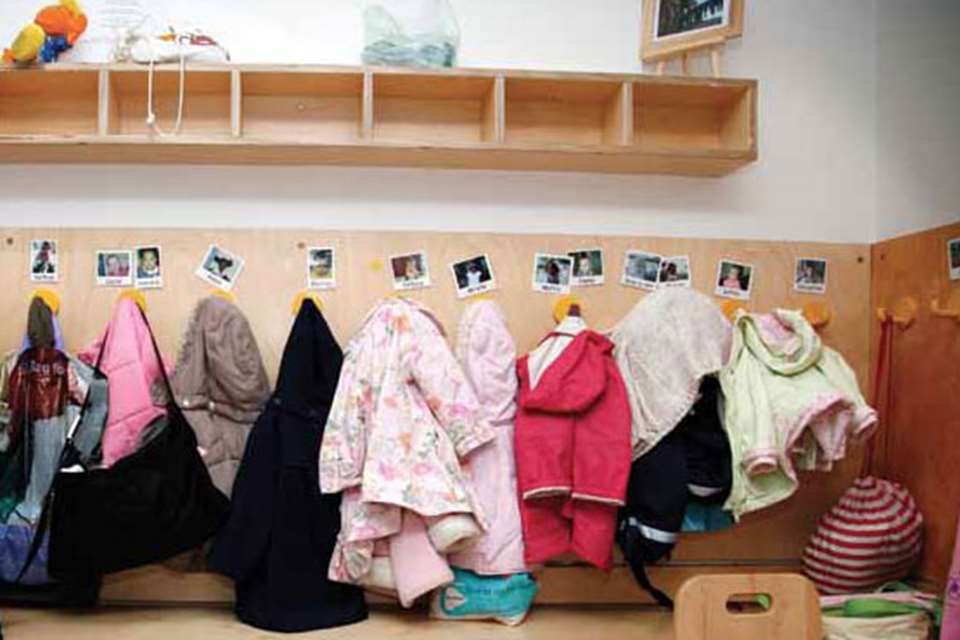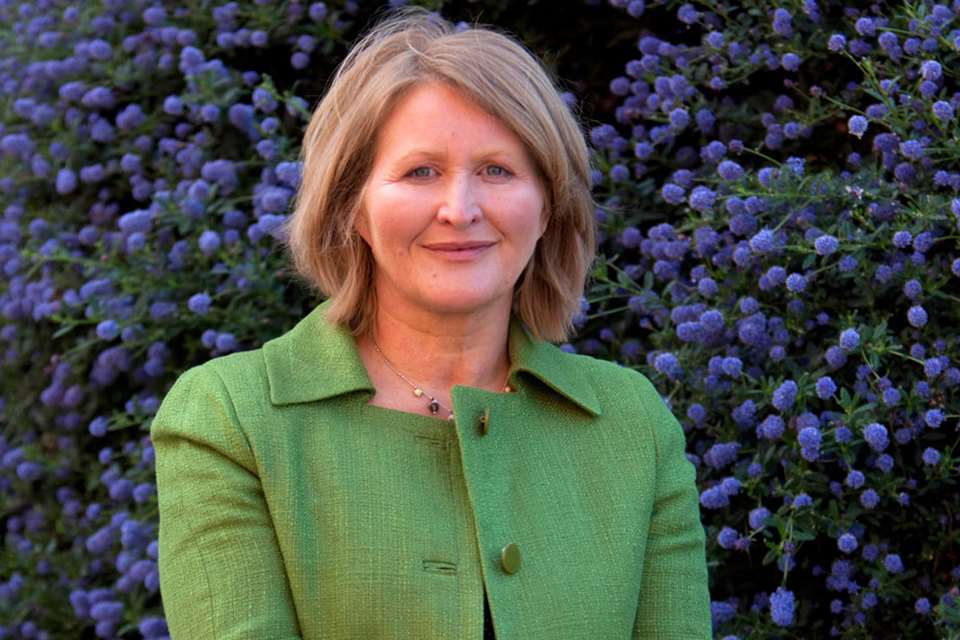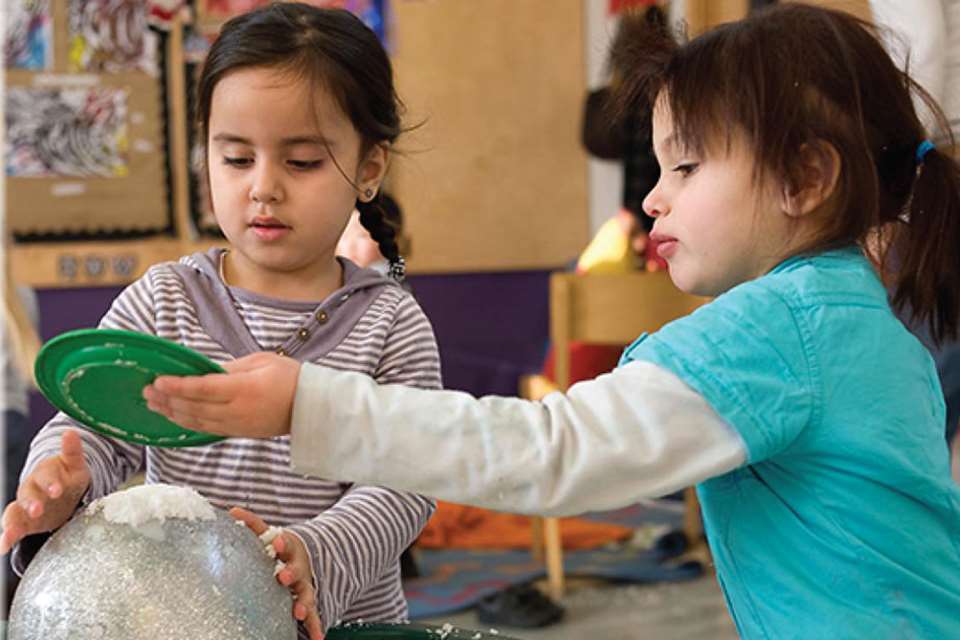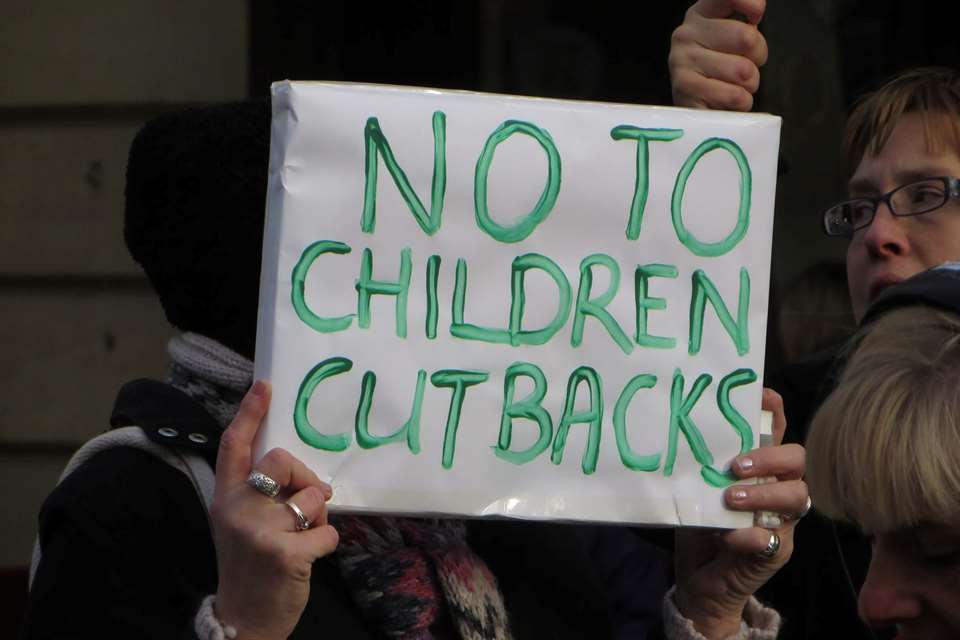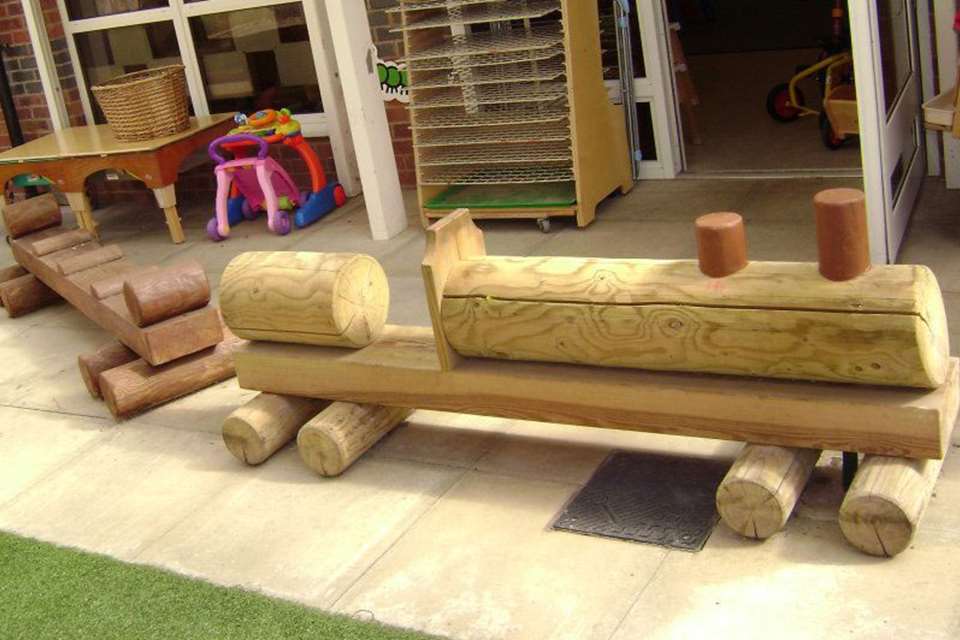NCB considers ways to secure future of children's centres
Friday, April 11, 2014
A new report suggests inviting businesses to operate from children’s centres or raising taxes to pay for the future running of centres.

The National Children’s Bureau’s (NCB) report, based on findings from its survey of practitioners and parents, outlines different funding options cited by respondents to save children's centres from closure.
The options put forward by respondents, 161 of which were early years professionals, 64 parents and eight others, include:
- Basing businesses within children’s centres to pay towards their upkeep
- Raising taxation to pay for children’s centres
- Protecting local authority budgets and greater prioritisation of children’s centre funding
- Lobbying Government to ensure sufficient funding to keep centres open
- Providing stable contracts and good salaries for children’s centre staff
- Income generation by children’s centres for specific services.
Other suggestions are to raise awareness of the positive outcomes of children’s centre services, clarify their core purpose and engage the wider public to make children’s centres ‘community hubs’.
The report, ‘Developing the future purpose for children’s centres’, goes on to highlight the impact of funding cuts to centres.
One survey respondent revealed how their children’s centre was moved into the basement of a school, a much smaller, darker space and inaccessible with a buggy.
Another said, ‘Unfortunately our Sure Start has been totally dismantled by local Government cuts. Our site is supposed to be a hub, the service offered is nothing like before and that is really sad.’
Experiences of children’s centres
The survey, on which the report is based, also sought to determine the degree to which parents and practitioners valued their local children’s centre, and whether they had a good experience of using the setting.
The majority of respondents (93 per cent) agreed with the statement, ‘Our children’s centre is important to our community.’
Parents spoke about how their children’s centre was vital in supporting them to meet other new parents. Practitioners said that the centre enabled them to direct parents to other local services. However, respondents also pointed out gaps in service provision. These included on-site childcare provision and access to speech and language therapy.
Future priorities
When asked what the future priorities for children’s centres should be, nearly half of respondents (49 per cent) named family and outreach support, 20 per cent said early education and language development and 15 per cent play opportunities.
Parents were more likely to cite play as a priority, while practitioners emphasised the importance of early education and language development.
Around 80-per cent of respondents said that their local children’s centre should be for all children and families, but centres should work hard to bring in disadvantaged families.
To improve the identification of ‘vulnerable families’, respondents suggested enhanced data-sharing between agencies, better communication and integrated working between professionals, and closer engagement with the local community to identify families most in need.
Health services
The NCB also asked practitioners and parents to give their opinion on how heath services should work with children’s centres in the future, given that accountability for public health services for young children will be transferred to local authorities in April 2015.
Suggestions were made as to how locating health services within children’s centres would improve access to midwifery, health visiting and general practice, as well as enabling centres to offer specialist interventions to support more vulnerable families.
Respondents also noted the value of improving integrated working with other professionals and children’s services.
Hilary Emery, chief executive of the National Children’s Bureau (NCB), said, 'As political parties prepare their manifestos ahead of next year’s election, they should recognise that children’s centres are highly valued by their communities, providing not only an effective mechanism for delivering a wide range of vital services, but also invaluable emotional support for families.
'With such a wide remit, and ever shrinking budgets, it is increasingly important that policy-makers work with parents, practitioners and child development experts to agree a clear core purpose for children’s centres, specifying the outcomes children’s centres should achieve for all young children and their families.
'We would like to see a cross-party commitment to protect funding for children’s centres and to seize the opportunities offered by changes in policy and practice. For example, with responsibility for public heath for children from birth to five year olds transferring to local government in 2015, there is the potential for greater collaborative working between children’s centres and public health services to innovate how services are delivered.'


